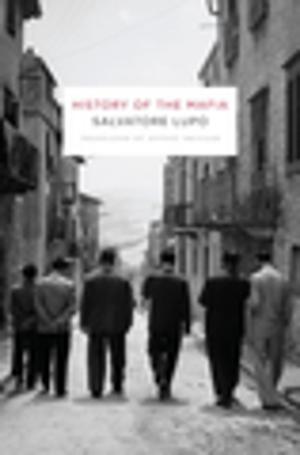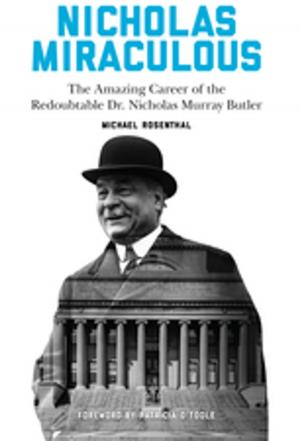Winnebago Nation
The RV in American Culture
Nonfiction, Social & Cultural Studies, Social Science, Cultural Studies, Popular Culture, History, Americas, United States, 20th Century| Author: | James B. Twitchell | ISBN: | 9780231537650 |
| Publisher: | Columbia University Press | Publication: | April 8, 2014 |
| Imprint: | Columbia University Press | Language: | English |
| Author: | James B. Twitchell |
| ISBN: | 9780231537650 |
| Publisher: | Columbia University Press |
| Publication: | April 8, 2014 |
| Imprint: | Columbia University Press |
| Language: | English |
In Winnebago Nation, popular critic James B. Twitchell takes a light-hearted look at the culture and industry behind the yearning to spend the night in one's car. For the young the roadtrip is a coming-of-age ceremony; for those later in life it is the realization of a lifelong desire to be spontaneous, nomadic, and free. Informed by his own experiences on the road, Twitchell recounts the RV's origins and evolution over the twentieth century; its rise, fall, and rebirth as a cultural icon; its growing mechanical complexity as it evolved from an estate wagon to a converted bus to a mobile home; and its role in bolstering and challenging conceptions of American identity.
Mechanical yet dreamy, independent yet needful, solitary yet clubby, adventurous yet homebound, life in a mobile home is a distillation of the American character and an important embodiment of American exceptionalism, (Richie Rich and Hobo Hank spend time in essentially the same rig at the same campground, albeit for different reasons and in different levels of comfort.) The frontier may be tapped out but we still yearn for the exploratory life. Twitchell concludes with his thoughts on the future of RV communities and the possibility of mobile cities becoming a real part of the American landscape.
In Winnebago Nation, popular critic James B. Twitchell takes a light-hearted look at the culture and industry behind the yearning to spend the night in one's car. For the young the roadtrip is a coming-of-age ceremony; for those later in life it is the realization of a lifelong desire to be spontaneous, nomadic, and free. Informed by his own experiences on the road, Twitchell recounts the RV's origins and evolution over the twentieth century; its rise, fall, and rebirth as a cultural icon; its growing mechanical complexity as it evolved from an estate wagon to a converted bus to a mobile home; and its role in bolstering and challenging conceptions of American identity.
Mechanical yet dreamy, independent yet needful, solitary yet clubby, adventurous yet homebound, life in a mobile home is a distillation of the American character and an important embodiment of American exceptionalism, (Richie Rich and Hobo Hank spend time in essentially the same rig at the same campground, albeit for different reasons and in different levels of comfort.) The frontier may be tapped out but we still yearn for the exploratory life. Twitchell concludes with his thoughts on the future of RV communities and the possibility of mobile cities becoming a real part of the American landscape.















